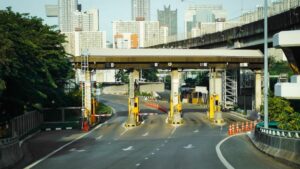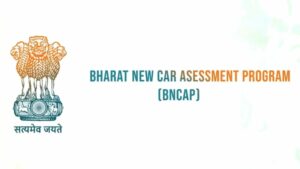India’s Biggest 9 Cities Need 18,000 EV Charging Stations by 2030: Government

Informed to the Parliament, it has been revealed that India’s largest nine cities, each having a population exceeding 4 million, will necessitate a total of 18,000 public electric vehicle (EV) charging stations to be established by the year 2030. In response to inquiries about EV charging infrastructure, Minister of Heavy Industries, Mahendra Nath Pandey, conveyed to the Lok Sabha that preliminary evaluations conducted for these nine cities, including Delhi, Mumbai, Pune, Ahmedabad, Surat, Bengaluru, Chennai, Hyderabad, and Kolkata, all of which have populations surpassing 4 million, have indicated the need for 18,000 public EV charging stations by 2030.
The minister disclosed that, according to the data available from the Bureau of Energy Efficiency (BEE), the country had a total of 9,113 operational public EV charging stations, equipped with 15,493 EV chargers, as of July 31, 2023.
“With information sourced from the VAHAN portal managed by the Ministry of Road Transport & Highways (MoRTH), it has been reported that a total of 2,817,554 electric vehicles are actively in use across the country as of July 31, 2023,” the minister further elaborated. “Thus, the ratio of electric vehicles (EVs) to available public EV chargers in the nation is calculated to be 182.”
The government-provided data highlights Maharashtra as the frontrunner, boasting the highest count of EV charging stations at 2,494 as of July 31, followed by Delhi with 1,627 and Karnataka with 753.
Minister Pandey also revealed that although there are no fixed benchmarks for the installation of public EV chargers nationwide, the Ministry of Petroleum & Natural Gas is currently working on deploying 22,000 public EV charging stations, slated for installation by December 2024.
“Of the total count of 22,000 public EV charging stations, a significant portion of 7,432 is currently in the process of implementation through the FAME-II scheme overseen by the Ministry of Heavy Industry,” the minister clarified.
It is noteworthy that the central government has allocated a budget of INR 1,000 crore specifically for the establishment of EV charging infrastructure as part of the FAME-II scheme.
This development is occurring during a period of increased electric vehicle adoption in the nation. The government is actively working to encourage the utilization of electric vehicles, and the FAME scheme stands as a direct outcome of these efforts.
Nonetheless, over the past year or so, FAME-II has become entangled in a series of controversies, particularly involving multiple two-wheeler original equipment manufacturers (OEMs) suspected of seeking subsidies in contravention of established norms.
The government’s scrutiny also revealed that Ola Electric, Ather Energy, TVS Motor, and Hero MotoCorp were found to be in violation by charging customers separately for their exclusive software and chargers. Subsequently, these companies were directed to reimburse a total of INR 288 crore to their customers.
These controversies surrounding the FAME-II scheme have had a detrimental impact on the sales of two-wheeler electric vehicles in the nation. Although two-wheeler EV registrations rebounded to 54,232 units in July from a 12-month low in June, the repercussions of the FAME-II issues still lingered.
Meanwhile, reports indicate that the government has initiated the drafting of the third phase of the FAME scheme, allocating a budget estimated to be between INR 40,000 crore and INR 50,000 crore.





